Why Nobody is Talking About Time in Trading
Why Nobody is Talking About Time in Trading
…and why it is probably the most important element
by: Colibri Trader
Is time in trading important? If it matters, then why nobody talks about it?
What are the most important elements of trading? Capital, Trading System, Money Management, Black Swans, Luck? If you imagine trading on an XY axes, what would be your “X” and what would be your “Y”?
It is really hard to imagine trading separated from time. For a lot of you this might sound esoteric, but the long and the short of it are that time is essential. For some traders, it could be important because they have incorporated time as part of their trading strategy. For example, they only close a position after a certain “X” number of days. For other traders, time equals trading opportunities. Scalpers will understand what I mean. For a third type of traders, time gives them a better horizon to maximise their profits. As Jesse Livermore has put it- cut losers fast and let winners run. You can clearly see from this quote that time is all it matters. So why is this crucial element of trading so unrepresented? Why nobody talks about it?
To make this article more interactive, I have asked a group of traders of what they think of time. Some of the traders did not even understood the question (as expected), but three traders understood me perfectly well and their answers stood out. Here, I am going to share them with you. I have decided to keep their names anonymous, but still wanted to credit their work. Here are the answers that struck me most with their ingenuity:
Time is called theta. It’s really important especially when/if you are trading options. If your going to sit in something you want it to move. The work you put in to a position and all that it entails to carry is not worth it if you just sit in it burning theta.
Trader 2:
Absolutely time matters. Any and all statistical analysis for time-series data of financial instruments depends on the time-constant for the X axis. Without it you would just have a bunch Ys, and what kind of statistical relevance would that provide; there would be no such thing as charts, trends, or “black swan events”… Whether traders realize it or not – time is the most important factor because without it there would be no context for price movement.
>>>And finally, the last trader gave the answer that really struck me:
Trader 3:
The role of time in the markets and price movement is one of my favourite topics to think about lately! There’s not much opportunity to discuss it though, so my thoughts are fairly unorganized.
I think that the key paradox of time is that you can not understand how the market operates without considering the time factor. At the same time, you can be a successful trader without paying any attention to time at all.
Consider Point & Figure charts, and Renko charts. Both time honoured approaches that remove time from the analysis completely.
More commonly though, are all of the traders who enter based on a particular price level, hope that price will move to their target level, somehow, and at some time, without really factoring in time considerations, save for events (eg the weekend, NFP). That’s not a criticism, if anything it may be a strength, by reducing the number of variables that need to be considered.
Other people deal with the time issue more obliquely. Consider the DOM trader who is trying to run the big money orders. Their “time decision” (i.e. when do I enter), is largely solved in an instant.
Most people will not want to hold a trade ‘too long’ but often the need for patience (a time related attribute) is the dominant song.
When you think about it though, there aren’t many common tools for dealing with the time aspect: when to enter, how long price should take to move, how long to wait for it, when to exit. Gann cycles and Fib time intervals are esoteric, and possibly useless. Elliott Wave Theory postulates that price action should unfold over time in a certain way, but makes no quantifications.
Yet despite all this, when you start looking at the market as a reflection of the real world, it’s very hard to escape time. The open of each trading session inspires periodic injections of liquidity and activity. These sessions even influence which pairs are more active. Also many major players have specific time constraints on how they operate – you can’t sit on client orders forever, you have to get them filled! We know that people use charts that are divided into arbitrary periods, and that they are likely to take action as these periods turn over, and less frequently in between. Known is the fact that the spot market interacts with time-based derivatives (options). More importantly, we know that major action can begin from well traversed price areas. But there’s something that promotes a breakout this time. Time is intensely interwoven into the basic structure of the market, yet it’s hard to really pin down how to work with it from a trading point of view, other than working with known key time points (opens, closes, news releases).
CONCLUSION- Does really time matter
As a matter of fact- yes! No matter how underestimated or badly expressed it is, time continues to be a leading factor in trading. Without time trading cannot exist. The reason why this crucial factor is so underrepresented in the literature still eludes my mind. Maybe there will a brand new trading strategy purely based on time.

share with the rest of us in the comments below:
One way or another, time is taking a great place in our trading with or without our realisation. That is one of the main reasons why I have decided to create this article. Time takes a central role in price action trading and that is one of the major reasons why I trade with New York Close charts.
Check out how you can get on board of a trade you have initially missed
or check out the 10 Biggest Mistakes Traders Make


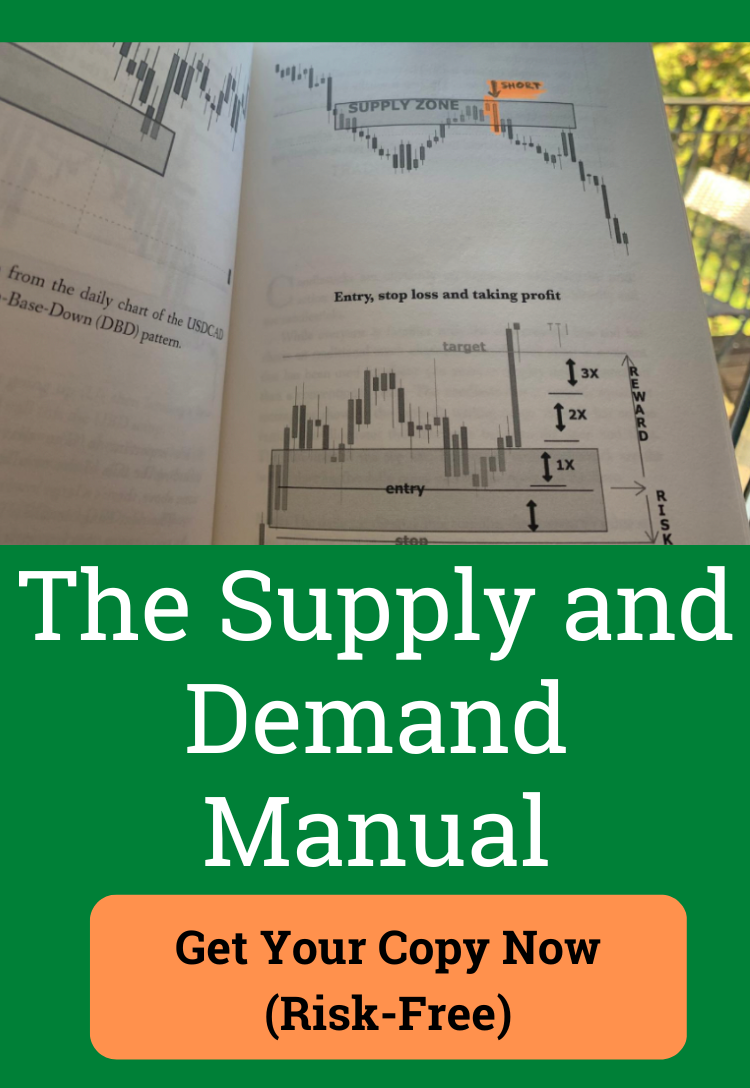
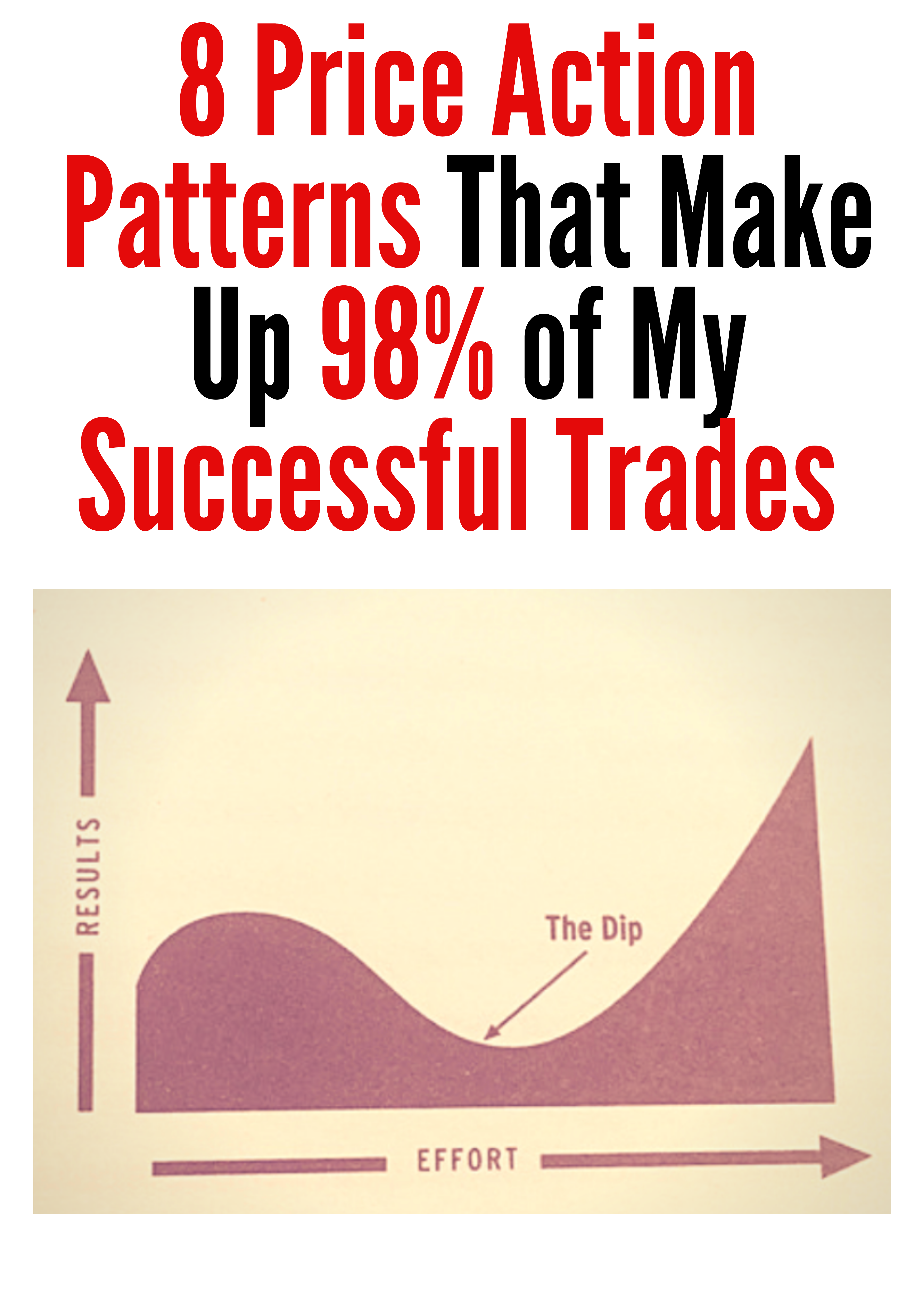
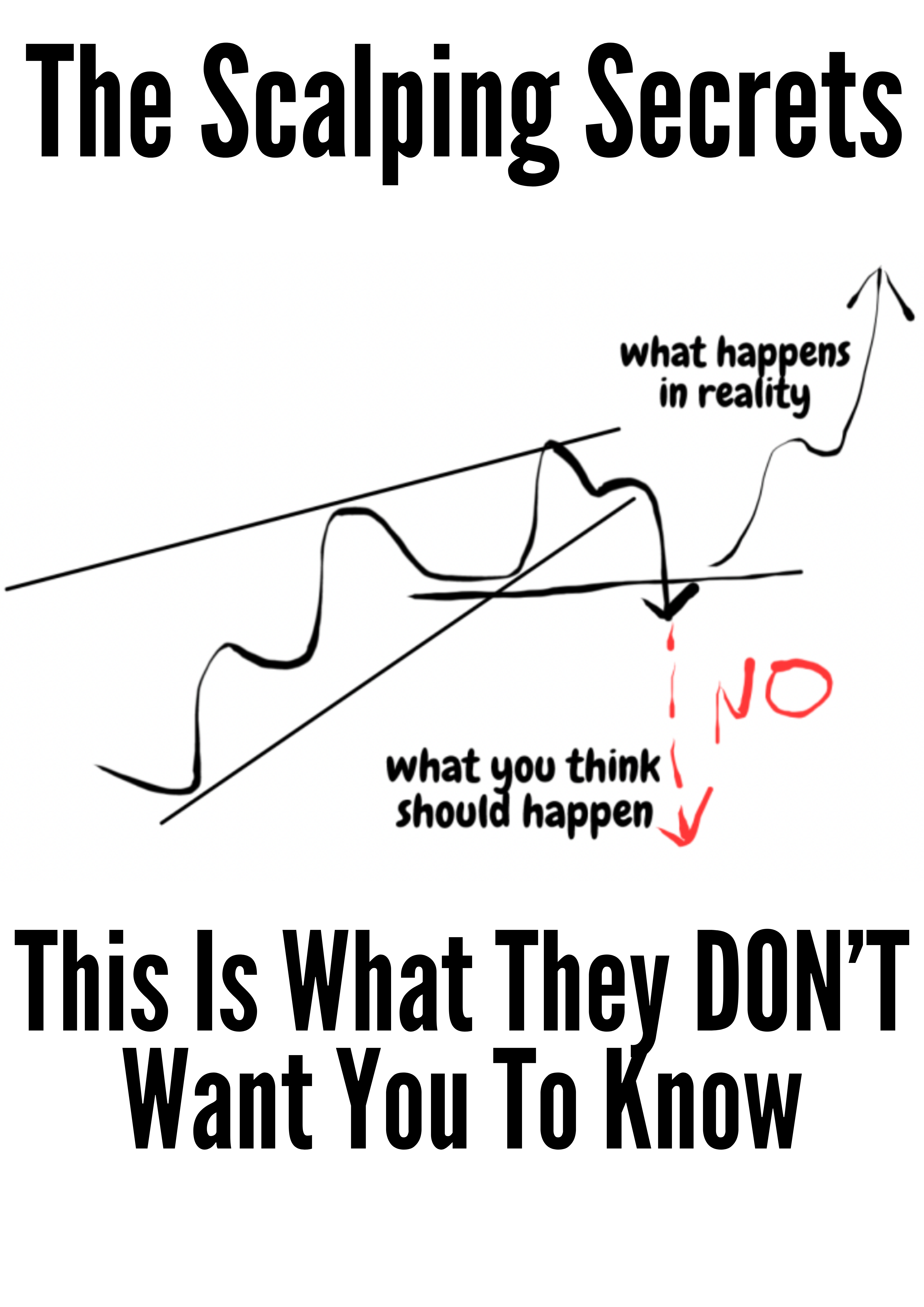

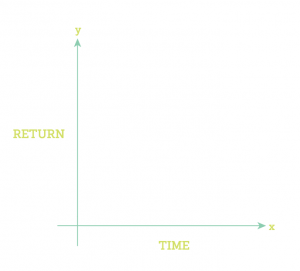
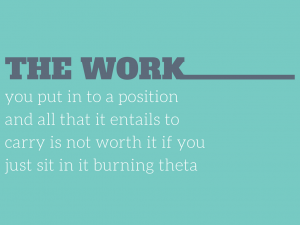
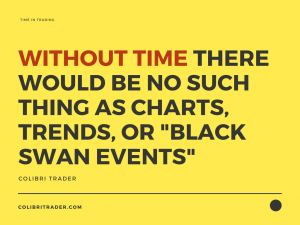
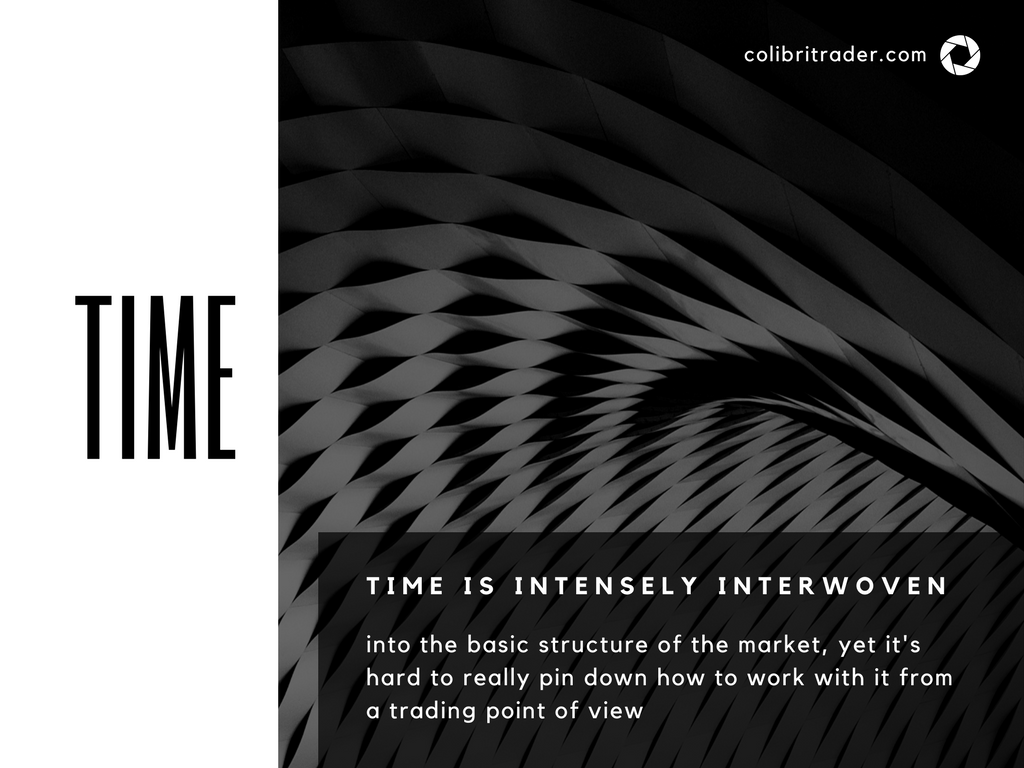
hi colibritrader,
very deep thought here, i feel like my brain is warmed by reading this article.
it got me thinking that as long as trading exists, the x axis (time) will keep on expanding.
how do we draw our time as mortal, as the x axis is depleting. and what is my Y? definitely got me into thinking …
i learn a lot about life from trading
thanks!
-harry
Hi Harry,
I am glad that these articles mean so much to you. I am really trying to dig deep into my subconsciousness as a trader. Happy to see that it all makes sense to you 🙂
One more good article…Please keep posting.
Thanks TS. More on the way 🙂
Time in trading may point to the trader’s best time to enter a long/short position, time to cut loss or target price or profit stop, etc. This is my thoughts on why time is very crucial in trading. once a trader is late in riding the bagger/winner of the day, then she/he has no profit for the day.once you are late late or refuse to cut loss, you deplete your capital. I hope you can expound on these ideas. thank you.
time defines trading capital turnover: 0.5% per day or 0.5% per week makes a big difference for the monthly and annual return
It is all about compound interest 🙂
time is massive if it reaches a point to buy or sell and doesnt really do anything get out if it reacts stay in wish people would talk about time more thats probably what its all about big al brooks fan and he doesnt mention it either
Hi Sarah, yes time is a big factor and it needs to be mentioned! Maybe I will consider writing another article on it. Have you checked my Multiple Timeframes Analysis article? I do incorporate this in my trading!